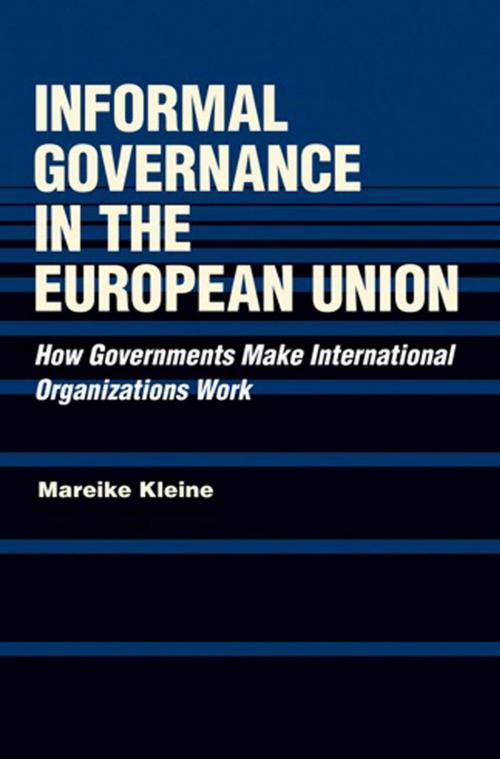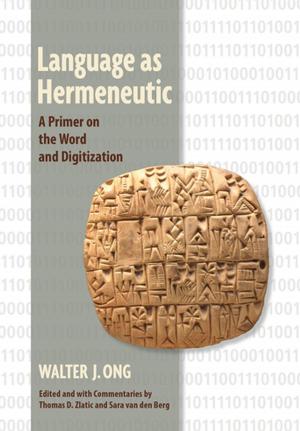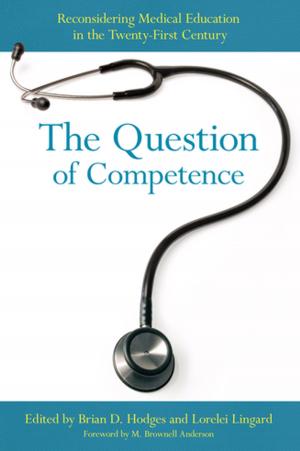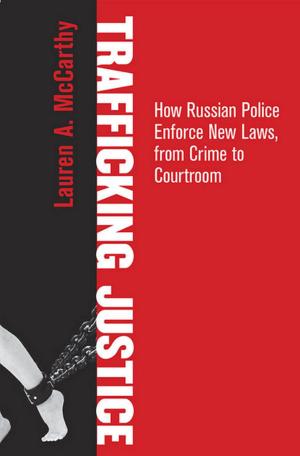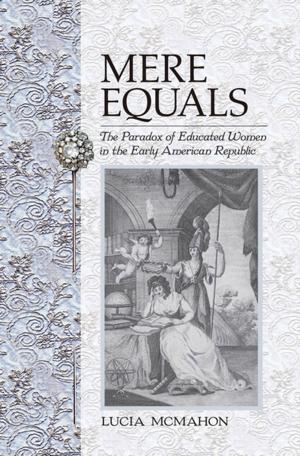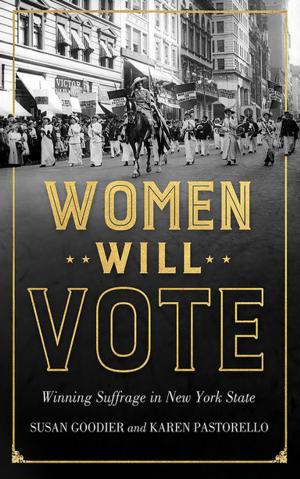Informal Governance in the European Union
How Governments Make International Organizations Work
Nonfiction, Social & Cultural Studies, Political Science, International, International Relations, History, European General| Author: | Mareike Kleine | ISBN: | 9780801469398 |
| Publisher: | Cornell University Press | Publication: | March 4, 2014 |
| Imprint: | Cornell University Press | Language: | English |
| Author: | Mareike Kleine |
| ISBN: | 9780801469398 |
| Publisher: | Cornell University Press |
| Publication: | March 4, 2014 |
| Imprint: | Cornell University Press |
| Language: | English |
The European Union is the world’s most advanced international organization, presiding over a level of legal and economic integration unmatched in global politics. To explain this achievement, many observers point to its formal rules that entail strong obligations and delegate substantial power to supranational actors such as the European Commission. This legalistic view, Mareike Kleine contends, is misleading. More often than not, governments and bureaucrats informally depart from the formal rules and thereby contradict their very purpose. Behind the EU’s front of formal rules lies a thick network of informal governance practices.If not the EU’s rules, what accounts for the high level of economic integration among its members? How does the EU really work? In answering these questions, Kleine proposes a new way of thinking about international organizations. Informal governance affords governments the flexibility to resolve conflicts that adherence to EU rules may generate at the domestic level. By dispersing the costs that integration may impose on individual groups, it allows governments to keep domestic interests aligned in favor of European integration. The combination of formal rules and informal governance therefore sustains a level of cooperation that neither regime alone permits, and it reduces the EU’s democratic deficit by including those interests into deliberations that are most immediately affected by its decisions. In illustrating informal norms and testing how they work, Kleine provides the first systematic analysis, based on new material from national and European archives and other primary data, of the parallel development of the formal rules and informal norms that have governed the EU from the 1958 Treaty of Rome until today.
The European Union is the world’s most advanced international organization, presiding over a level of legal and economic integration unmatched in global politics. To explain this achievement, many observers point to its formal rules that entail strong obligations and delegate substantial power to supranational actors such as the European Commission. This legalistic view, Mareike Kleine contends, is misleading. More often than not, governments and bureaucrats informally depart from the formal rules and thereby contradict their very purpose. Behind the EU’s front of formal rules lies a thick network of informal governance practices.If not the EU’s rules, what accounts for the high level of economic integration among its members? How does the EU really work? In answering these questions, Kleine proposes a new way of thinking about international organizations. Informal governance affords governments the flexibility to resolve conflicts that adherence to EU rules may generate at the domestic level. By dispersing the costs that integration may impose on individual groups, it allows governments to keep domestic interests aligned in favor of European integration. The combination of formal rules and informal governance therefore sustains a level of cooperation that neither regime alone permits, and it reduces the EU’s democratic deficit by including those interests into deliberations that are most immediately affected by its decisions. In illustrating informal norms and testing how they work, Kleine provides the first systematic analysis, based on new material from national and European archives and other primary data, of the parallel development of the formal rules and informal norms that have governed the EU from the 1958 Treaty of Rome until today.
